Experiences such as neglect, abuse, and other forms of trauma can leave lasting scars that affect how you see yourself and the world around you.
The things we went through as children have followed us into adulthood and continue to define our relationships with others, the way we relate to ourselves, and how we perceive our place in the world.
For many, childhood trauma can lead to a cycle of self-destructive behaviors and thoughts that prevent them from achieving their goals or feeling fulfilled in life.
Let’s face it, we don’t always consciously choose what is best for us because our subconscious, which stores all our traumas, holds on to old beliefs and causes us to avoid dealing with them effectively.
However, healing is possible.
With the right support and tools, you can learn to move past the effects of childhood trauma and rebuild your self-esteem.
Before we get into it, I need you to understand that the impact of childhood trauma on your self-esteem is not your fault.
You are not to blame for the experiences you went through and you do have the power to take control of your healing journey and create a brighter future for yourself.
- Understanding Childhood Trauma
- Impact of Childhood Trauma on Self-Esteem
- Healing from Childhood Trauma
- Moving Forward
- Questions You May Have
Understanding Childhood Trauma
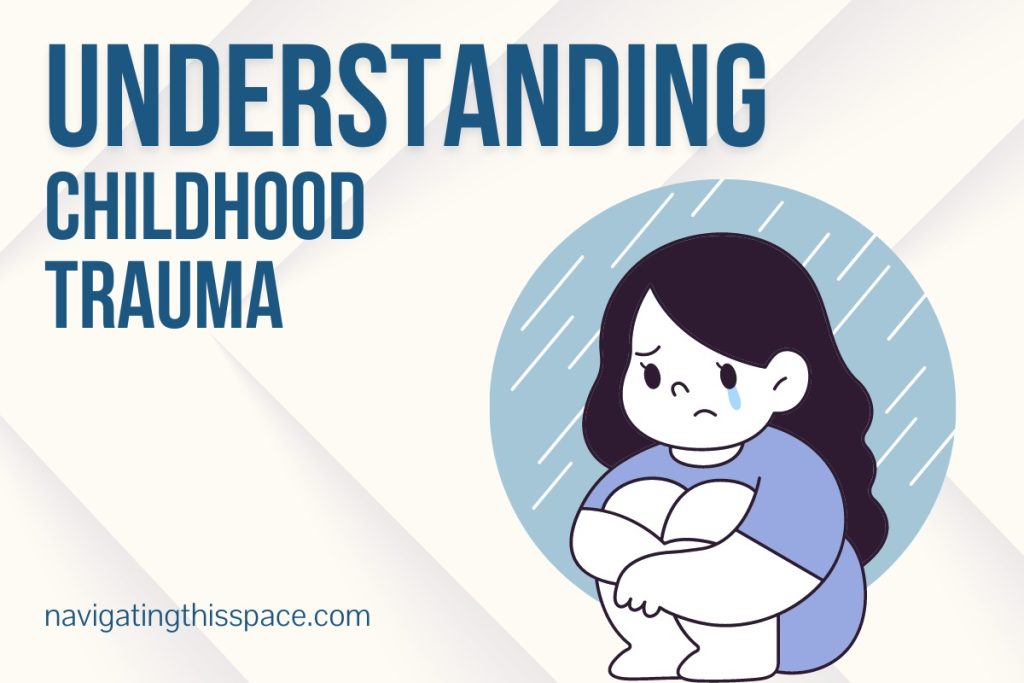
Trauma is any event or experience, no matter its size, that makes a child feel unprotected, unsafe, helpless, or threatened.
Types of Childhood Trauma
Childhood trauma can come in many traumatic events, including:
- Physical abuse
- Sexual abuse
- Emotional abuse
- Neglect
- Household dysfunction
- Community violence
All of these different forms of trauma simply boil down to this, our guardians failed to provide and fulfill our basic needs as children.
I grew up in a very strict household in Jamaica which means I grew up very sheltered with zero understanding of the horrors of the world until I moved to America.
Coming from a Caribbean background the popular disciplinary action was the use of a belt, or harsher things like the garden hose, the iron board, or a metal baseball bat (I have experienced them all).
Those experiences had a significant impact on me because most of the time, after a session of discipline, I’m left wondering if I wasn’t good enough or why I was born at all.
Having experienced childhood trauma, it’s understandable that you may be dealing with some very real emotions such as shame, guilt, depression, anxiety, and fear.
These types of emotions can become overwhelming and lead to self-destructive behaviors later in life.
I know I’ve made some terrible decisions in my life that thankfully I’ve learned from, but in hindsight could have easily been avoided if I believed in myself more.
You may have made or are still making self-destructive decisions because of the damage that has been done to your self-esteem.
It’s important to remember that these decisions are not representative of who you are, but rather a product of the trauma you experienced as a child.
Symptoms of Childhood Trauma
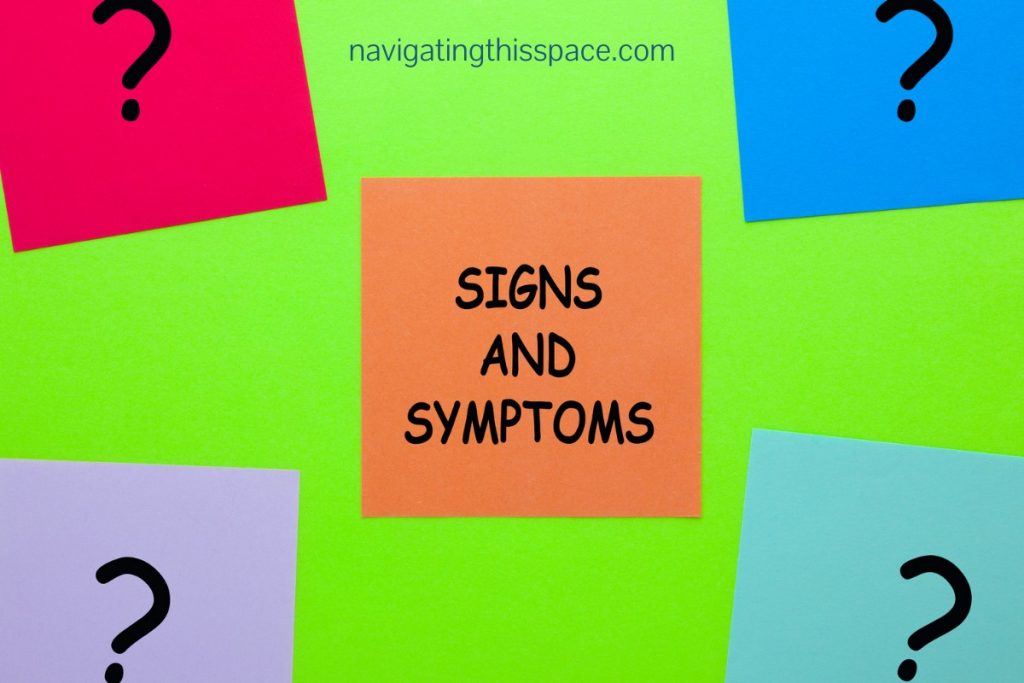
The article, The Biological Effects of Childhood Trauma, published on the National Institutes of Health website states that trauma can have a significant impact on a child’s developing brain, which can lead to a variety of mental and physical issues later in life.
Some of those symptoms include:
- Mood and Anxiety disorders
- Depression
- Low self-esteem
- Insomnia
- Difficulty regulating emotions
- Relationship problems
- Dissociation
- Self-harm
- Suicidal thoughts or tendencies
- Substance abuse
- Hypervigilance
- Feeling numb or emotionally detached
- Traumatic Stress
- Tolerating physical abuse
- Domestic violence
These are just some of the common symptoms that people who have experienced childhood trauma may be dealing with.
If you find yourself relating to any of these symptoms, it’s important to seek professional help.
Impact of Childhood Trauma on Self-Esteem
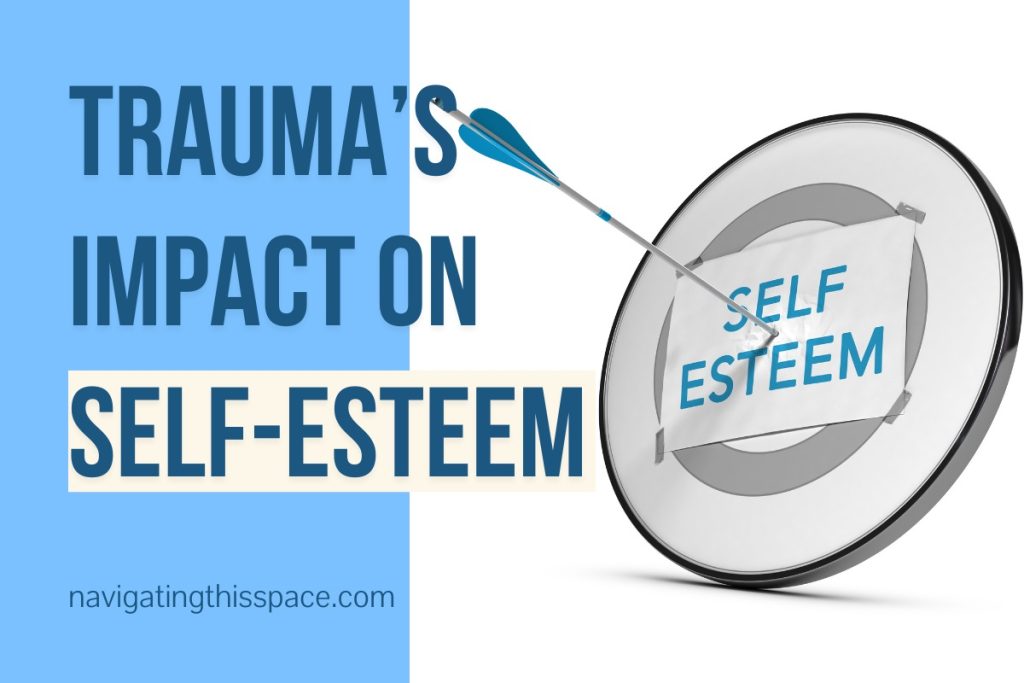
Low Self-Esteem
Feelings of worthlessness and inadequacy, feeling like you’re not good enough, no matter what you do are all signs of low self-esteem.
These feelings are incredibly damaging to your psyche and can lead to a lack of motivation and an unwillingness to try new things, which can cause your life to feel or become stagnant.
Not understanding your personal power and your inner strength to create and achieve unthinkable goals can be very damaging to your mental health.
Victims of childhood trauma often struggle with self-doubt and difficulty making decisions because of fear of offending someone or making a mistake.
This can then lead to feelings of helplessness and the inability to take control of your life, which can be very distressing. This can then lead to a lack of confidence and the spiral downward seems never ending and can become debilitating.
Negative Self-Talk
Criticizing and belittling yourself, either out loud or in your head, whether you’re joking or not is a form of negative self-talk.
You may tell yourself that you’re stupid, ugly, or worthless, or say things like, “It’s just my luck that this [bad thing] happened,” or “I can never get or do anything right.”
This type of negative self-talk is damaging and undermines your confidence, making it difficult to build any positive self-image.
These thoughts are simply not true and have been stored in your brain and body from the trauma you experienced as a child.
You have learned to see yourself as a victim and have subconsciously absorbed the lies that were constantly drilled into you that you would never be good enough or that everyone in the entire world only wants to use you to get what they want.
These beliefs obliterate your self-esteem and make it difficult to form healthy relationships or pursue simple life goals.
Recommended Article: 5 Tips on How Positive Self-Talk Can Change Your Life
Difficulty with Trust and Relationships
Childhood trauma can also make it challenging to trust others and form healthy relationships.
You may struggle to open up and share your feelings, fearing judgment or rejection.
This leads to feelings of isolation and loneliness, making it difficult to form meaningful connections with others.
Life is about connecting with people and learning from each other.
We are social creatures and we all crave the presence of others, yes! even if you’re an introvert.
When your ability to trust is hindered because of the trauma you experienced, it can be detrimental to the quality of your life. Having no one to talk to or hang with takes a toll on your mental health and well-being.
So, what can you do to heal and move on?
Healing from Childhood Trauma
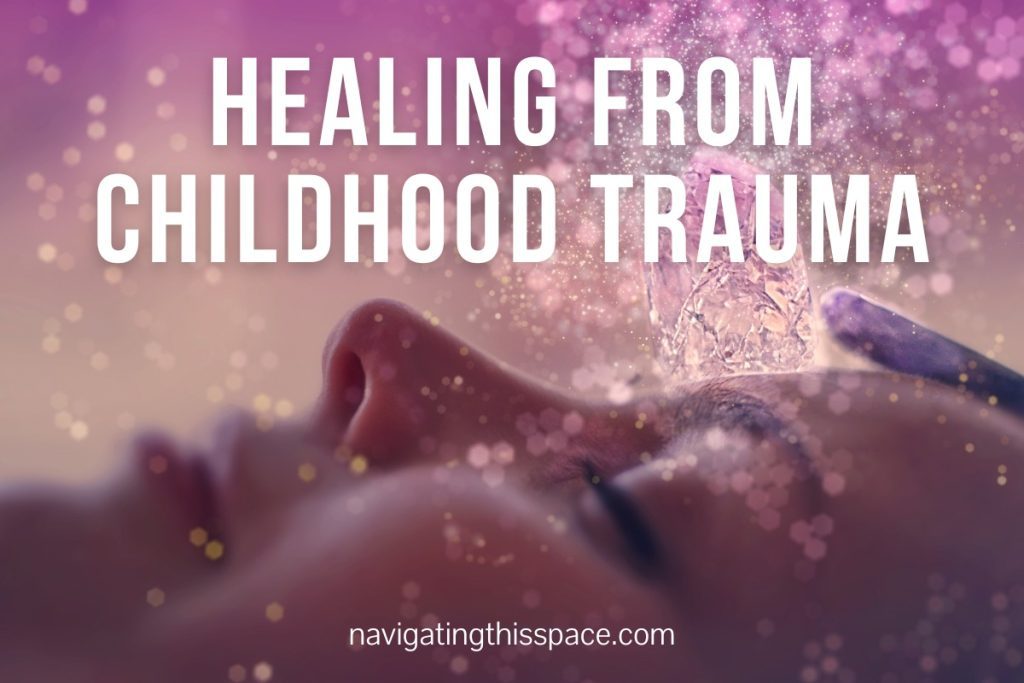
The great thing about learning that you may be dealing with childhood trauma is understanding that it’s possible to heal and move forward.
Everything in this life is temporary and that fortunately includes the way you currently view yourself and how you react to certain situations.
It’s important to start by acknowledging your experiences and understanding that these feelings and behaviors are not the real you, they’re the default defensive mechanisms that were created by the situations you experienced.
It takes time, effort, patience, and willpower to work through all of the pain and emotions but the journey is worth it.
Seek Professional Help
A therapist can help you work through the trauma and develop effective coping strategies that will rewrite your default defensive mode of thinking and behaving.
A therapist that you feel safe with can help you break down the walls you have built around yourself, allowing you to open up more and start building healthier relationships and understanding your worth.
It’s important to find a mental health services therapist that specializes in trauma so that they can give you the best advice and support possible.
Remember, it takes time and effort, but healing is po
Self-Care Techniques
The way you treat yourself reflects what you think about yourself.
Start practicing self-love and making time to take care of yourself. Treat yourself to the things that make you smile like a high schooler in love for the first time.
Take yourself out on dates, watch your favorite movies, and eat your favorite foods. Do anything that helps you to relax and makes you feel better.
Also, it’s imperative to stay away from people who make you feel bad about yourself or criticize you for no reason.
Do an audit of the friends you currently have, how do they make you feel when you’re around them? If it’s anything less than great, safe, and comfortable, start culling those friends.
You deserve better so surround yourself with supportive people who understand and see your worth.
Here are some self-care techniques to consider:
- Practice mindfulness and meditation to manage traumatic stress.
- Engage in physical activity to release endorphins and improve mood.
- Connect with others through support groups or social activities.
- Express your feelings through journaling or creative outlets.
- Develop a healthy sleep routine to improve overall well-being.
Recommended Article: How To Make A Self-Care Routine Checklist
Remember, healing from childhood trauma is a process that takes time and effort. Be patient with yourself and seek support when you need it.
Moving Forward
By taking the time to reflect on your thoughts and actions, you can start to understand why you think the way you do and begin to challenge those negative beliefs.
Your compassion and empathy for others should be extended toward yourself – after all, it is the first step in building a positive self-image.
Give yourself a break!
Take some me-time to really get to know yourself and practice self-compassion.
Fall in love with the amazing person staring back at you in the mirror!
Step Outside Your Comfort Zone
Get out of your comfort zone and try something new, like going on a solo hike or starting a conversation with a stranger.
Encourage yourself to break your normal habits because they may be holding you back from reaching your full potential.
Take the plunge and see what new opportunities await you once you start to challenge yourself.
You will find that being brave enough to do something out of the ordinary can help build your confidence and mood, and most importantly heal your traumas.
What are you doing to heal your traumas? Share your techniques in the comment section below.
Questions You May Have
What are the signs of childhood trauma?
Signs of childhood trauma can include emotional, behavioral, and physical signs such as constant nightmares, fearfulness, being easily startled, aggressive behavior, or withdrawal from others. It is important to note that each person will react differently to a traumatic event.
Is it possible to heal from childhood trauma?
Yes! Healing from childhood trauma and traumatic events is possible with the help of a professional and by practicing self-care. It takes time, patience, and effort but it is possible to move forward and begin building healthier relationships with yourself and others.
What are some strategies for healing from childhood trauma?
Strategies to help heal from childhood trauma include finding a therapist that specializes in trauma, engaging in self-care activities, setting healthy boundaries with others, and challenging your negative thoughts. It is also important to practice self-compassion and forgiveness.
What can I do to prevent childhood trauma?
Understand the signs and symptoms of traumatic experiences and create a safe, nurturing environment filled with support for both children and adults. Also, encourage them to speak with a mental health professional.
Pin It!
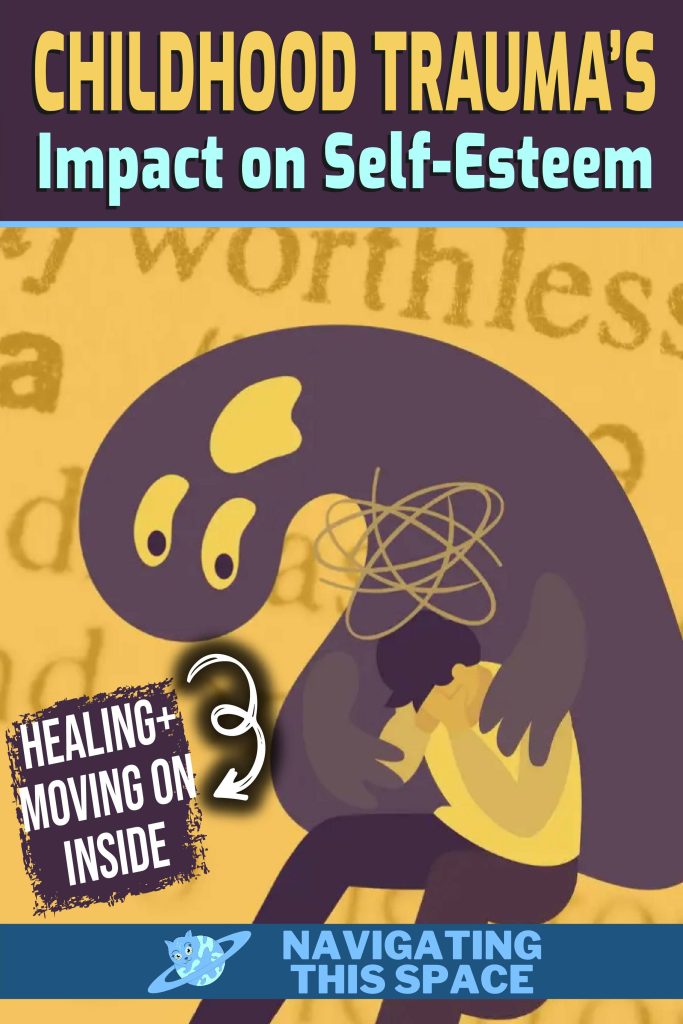
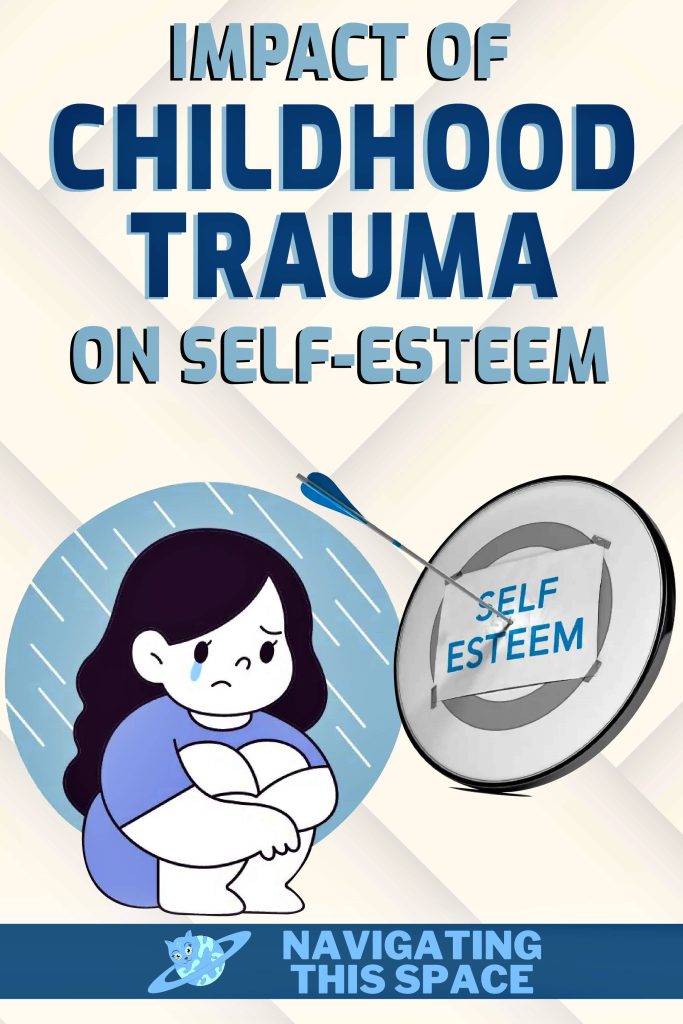
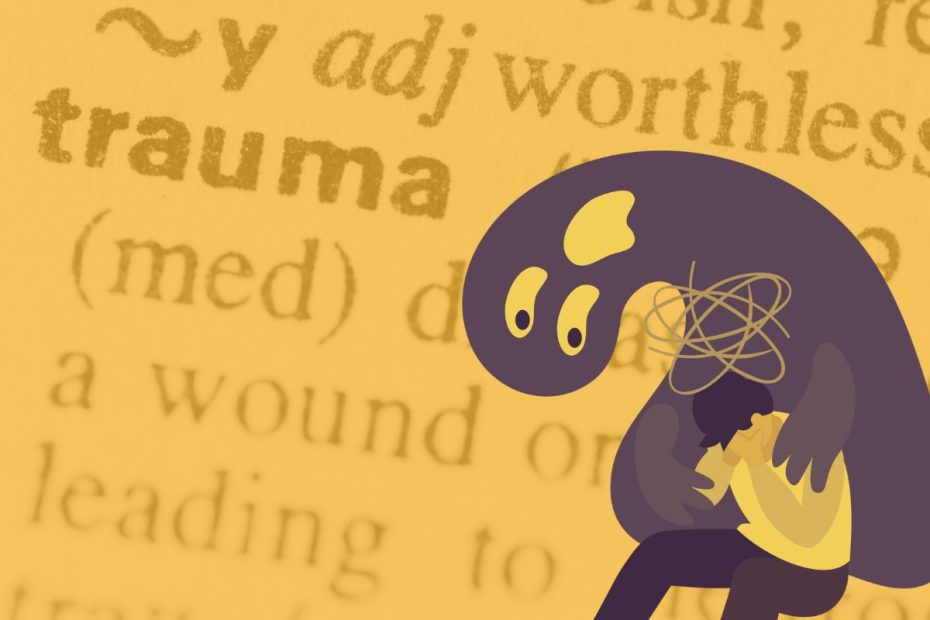

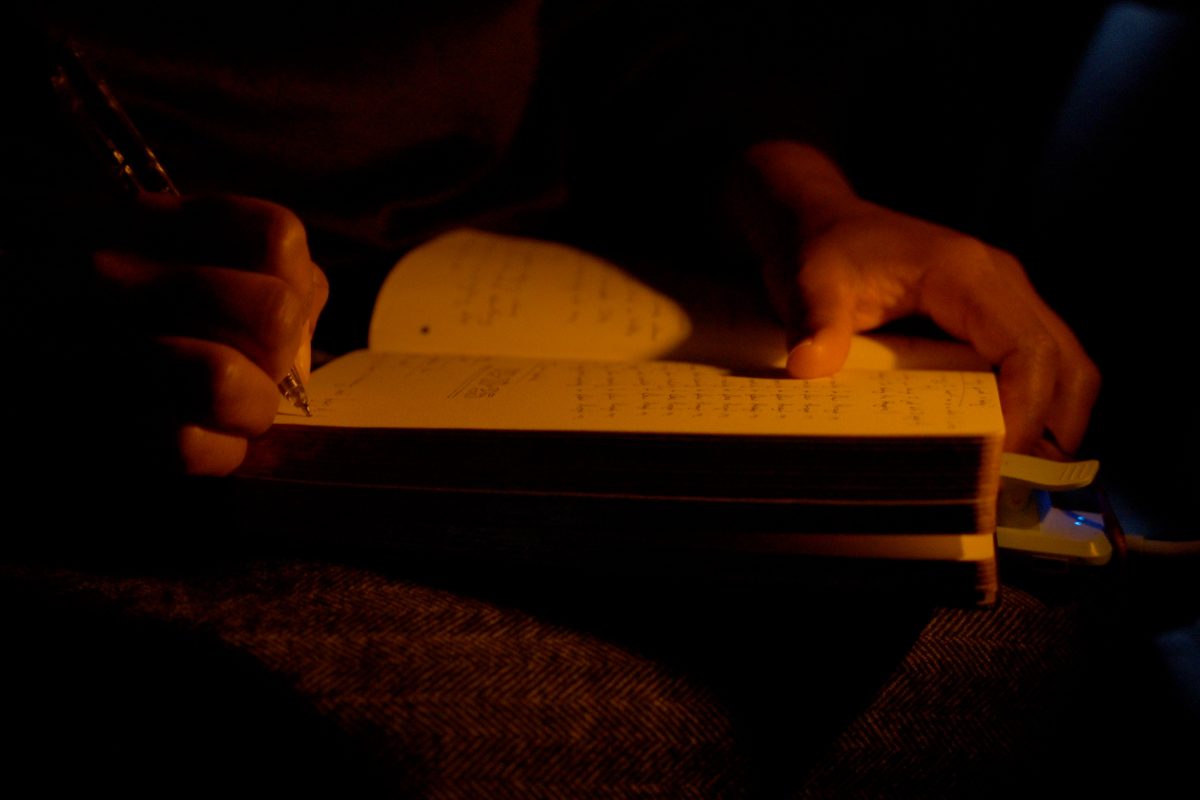
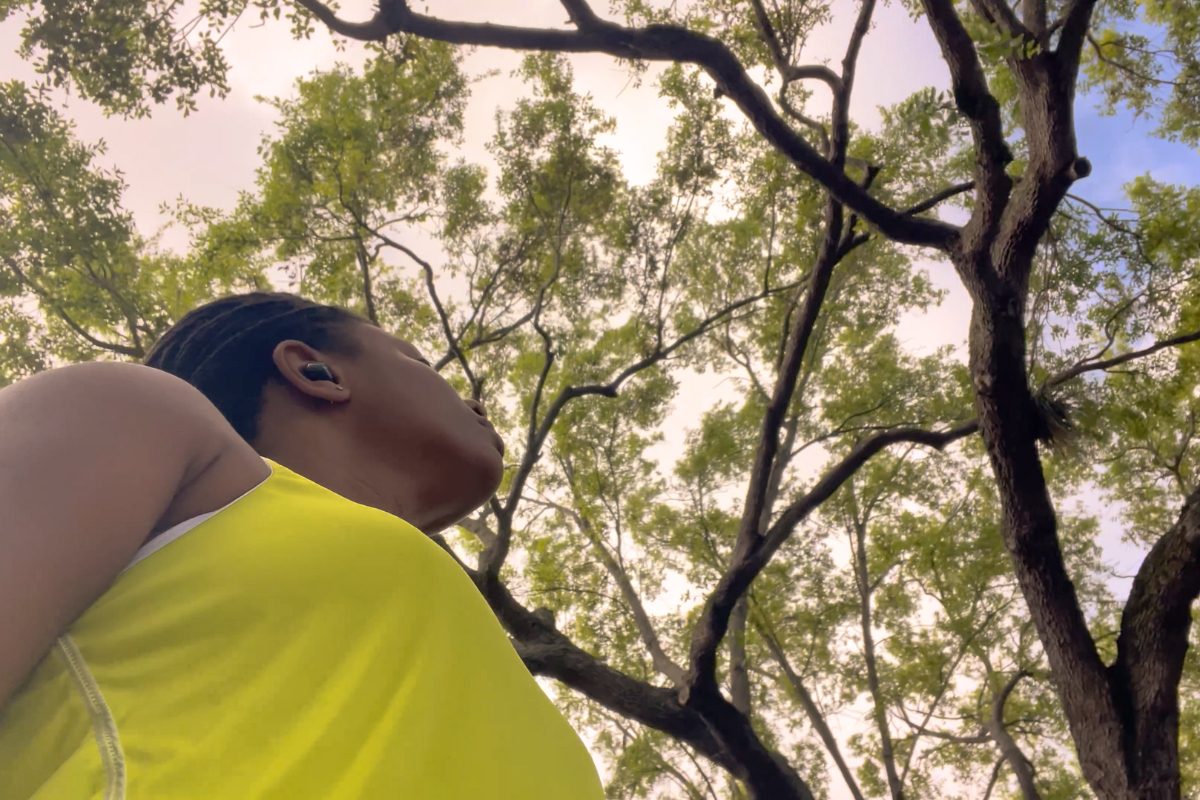
I think sometimes people underestimate how things from childhood stick with us, big and small.
People grossly underestimate it Tracy, our childhood is simply the most important period for shaping our beliefs and future.
Thank you for writing such a useful and valuable article on trauma and the impact it has on development and mental health.
As a survivor of childhood trauma, I can relate to this article. I’m now a trauma-informed mental health provider and appreciate you writing about this important topic.